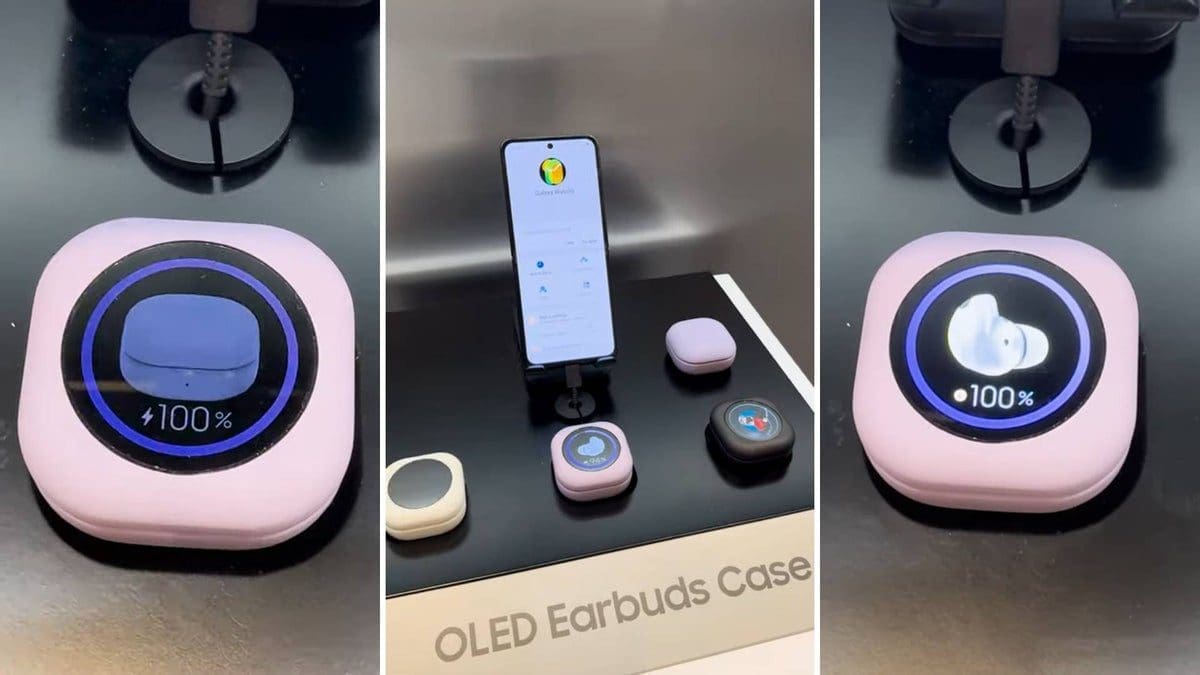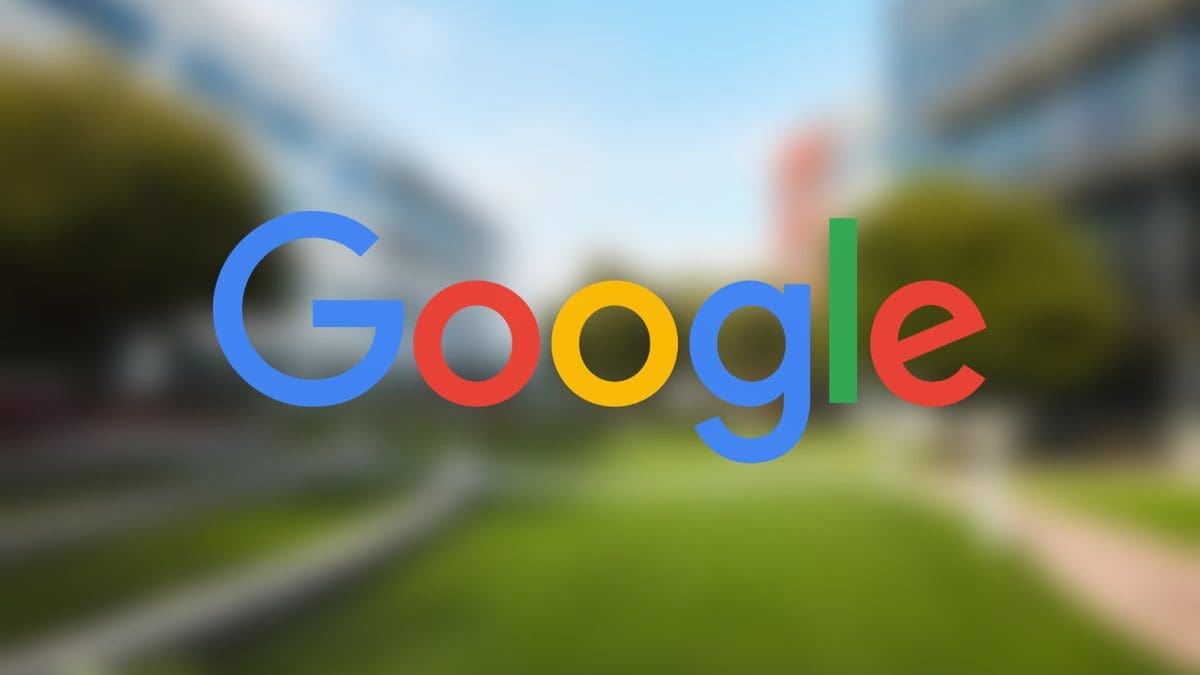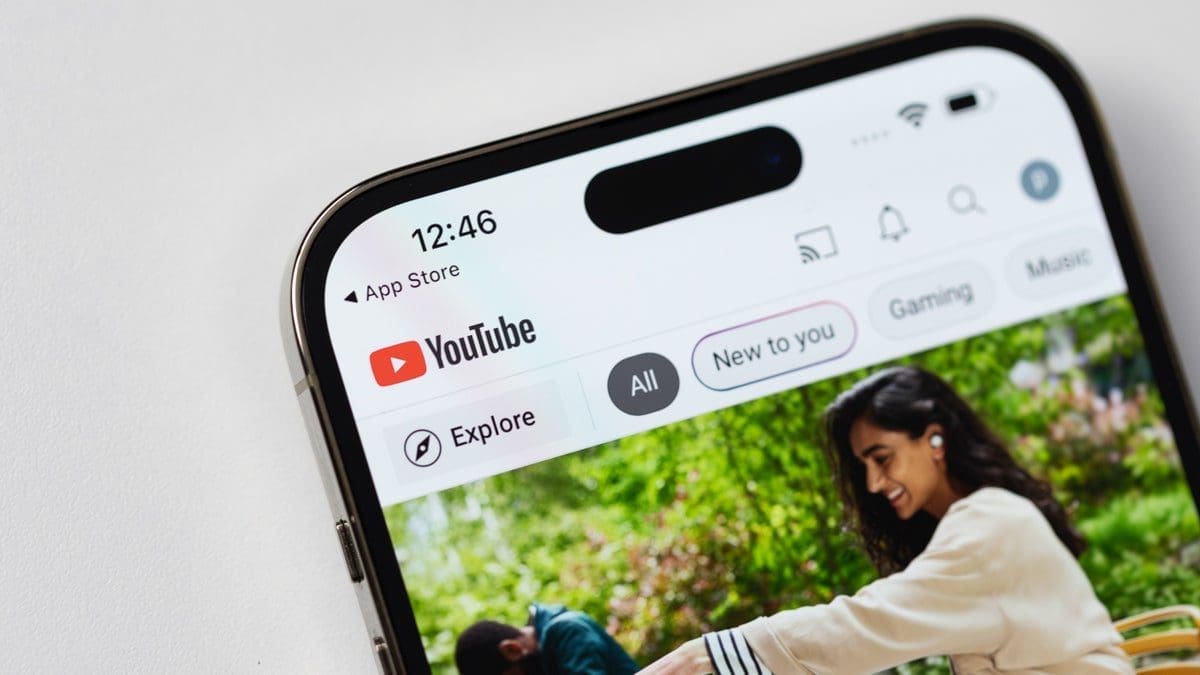Earlier today, the U.S. Supreme Court decided not to hear Apple’s appeal related to the Epic v. Apple court case. That means Apple now has to follow the ruling of Judge Yvonne Gonzalez Rogers who ruled in 2021 that Apple would have to allow developers to send their customers a link that would take them to a third-party platform to pay for in-app purchases and subscriptions.
Apple previously prevented developers from disseminating such a link since it would allow them to avoid paying Apple its 30% cut of in-app purchases. But with the judge’s ruling taking effect, Apple has changed its App Store Guidelines in the U.S. so that it complies with the results of the Epic v. Apple trial. Developers will be allowed to link to alternative payment platforms as long as the app also offers payments through Apple’s in-app payment platform.
In the App Store Review Guidelines under section 3.1.1(a), Apple writes “Developers may apply for an entitlement to provide a link in their app to a website the developer owns or maintains responsibility for to purchase such items….By the entitlement agreement, the link may inform users about where and how to purchase those in-app purchase items, and the fact that such items may be available for a comparatively lower price.
The entitlement is limited to use only in the iOS or iPadOS App Store on the United States storefront. In all other storefronts, apps and their metadata may not include buttons, external links, or other calls to action that direct customers to purchase mechanisms other than in-app purchase.”
A quick summary of glaring problems we’ve found so far:
1) Apple has introduced an anticompetitive new 27% tax on web purchases. Apple has never done this before, and it kills price competition. Developers can’t offer digital items more cheaply on the web after paying a… pic.twitter.com/YkHuapG7xa
— Tim Sweeney (@TimSweeneyEpic) January 16, 2024
Don’t worry about Apple missing out on the so-called Apple Tax. Apple will still be entitled to a slightly smaller 27% slice of the revenue generated by an in-app purchase if an outside payment platform is used to process an in-app purchase. That drops to 12% if the developer belongs to the App Store Small Business Program.
Epic Games CEO Tim Sweeney, whose lawsuit against Apple came after its popular Fortnite game was kicked out of the App Store (and the Google Play Store) for offering a link to its own in-app payment platform inside the game, was not happy with the changes announced by Apple. In a tweet, Sweeney called the 27% cut that Apple receives on payments processed by a third-party platform “anti-competitive” and plans to “contest the bad-faith compliance plan in District Court.”










